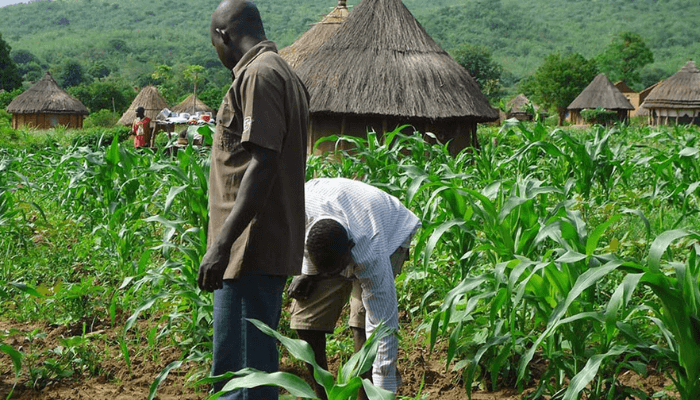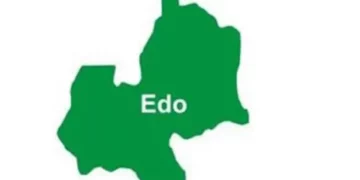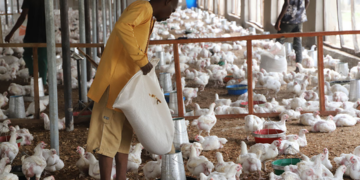Nigeria Institute of Soil Science has trained over 24 extension agents and farmers from the six states of the Northeast region on climate -smart agricultural technologies.
At a capacity building workshop in Bauchi, the Northeast zonal coordinator of the institute, Prof. Saminu Abdulrahman Ibrahim, said the training is aimed at enlightening stakeholders in food production, so as to ensure food security in the country.
Represented by Prof. Muhammad Hassan, the coordinator added that the workshop would train the trainees with lectures designed to equip the participants with new technologies in farming especially at this time when climate change is biting hard.
On his part, the programme manager Bauchi State Agricultural Development Program (BSADP) Alhaji Abubakar Ja’afaru Ilelah, said the workshop would go a long way in boosting food production not only in the northeast sub region but the country at large.
He said BSADP had been collaborating with the Nigerian Institute of Soil Science and other research institutions in developing new farming techniques, saying that the agency would put into practice the knowledge gained in demonstration plots for farmers to see for themselves.
In a paper titled: “Synchronisation of agricultural practices for sustainable land use system”, a soil scientist with the Abubakar Tafawa Balewa University, Bauchi, Prof. Garba Aliyu Babaji, explaining that climate change was a major threat to food security hence the need to take adaptation measures through crop and soil management.
Babaji reiterated the need for farmers to know the peculiarities of their land and use them appropriately to maximize their yield.
In his paper on “Managing soil and soil fertility after flooding”, Prof. Muhammad Hassan, said the topic was carefully selected considering the flooding calamity that ravaged most of Nigerian states and the federal capital territory.
He said as part of mitigation, resilience and adaptation to the natural disaster, there was a need to provide strategies that will aid in coping with the situation that is largely caused by climate change.
Murabbi Aliyu from the department of soil science Abubakar Tafawa Balewa University Bauchi also presented a lecture on the impact of climate change on the availability of soil organic carbon and Nitrogen, followed by general discussion and interaction by the participants.





